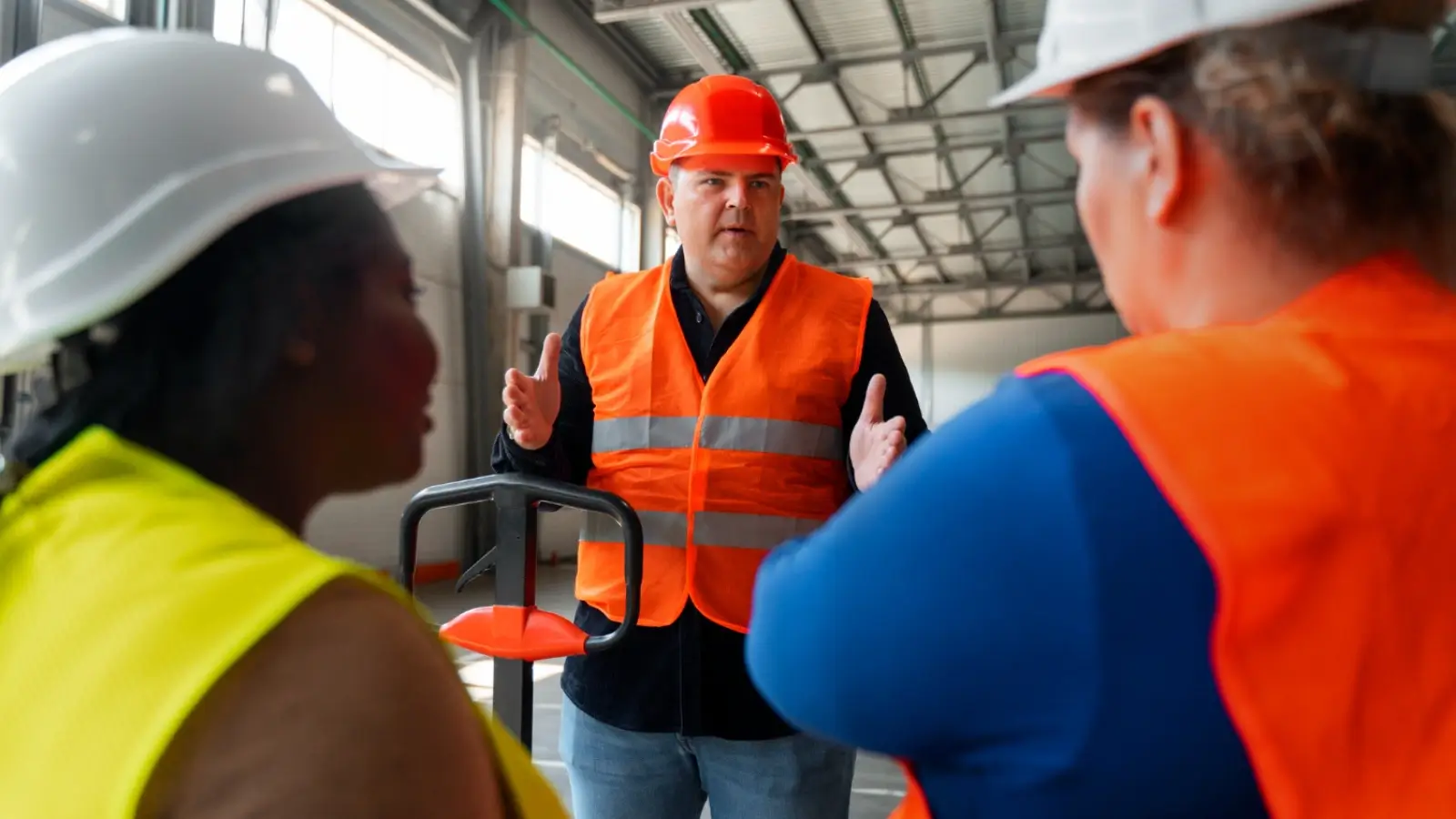


Workplace safety isn't just a priority for construction crews or factory floors—it's a cornerstone of success across many industries. In today’s fast-paced, high-stakes environments, even a single oversight can lead to injuries, lawsuits, or devastating operational losses. That’s why professional safety training has become essential in sectors that face elevated risk levels. Companies are turning to trusted programs like NYC Safety Training to prepare their teams for the realities of modern work environments.
Accidents don’t just happen in places with hard hats and harnesses. Industries dealing with chemicals, machinery, extreme environments, or high public interaction all carry substantial risk. What separates the best-performing companies from the rest is how well they train their workforce to identify hazards, respond quickly, and maintain a culture of vigilance.
While compliance with safety regulations is important, true protection comes from tailored training delivered by experienced consultants. This approach is increasingly in demand in industries where complexity, speed, and human risk intersect. Here are seven of the most high-risk sectors where professional safety training isn’t just helpful—it’s critical.
Unsurprisingly, construction remains one of the most hazardous industries. Between falls, equipment accidents, and electrical hazards, the potential for serious injury is ever-present. Job sites change daily, which means workers must constantly adapt to new risks.
Professional training programs help construction teams recognize common dangers, follow OSHA guidelines, and use personal protective equipment (PPE) correctly. Courses also cover scaffold safety, fall protection, and situational awareness—especially in dense urban areas.
For companies working on large infrastructure or high-rise projects, NYC Safety Training ensures that crews meet both legal requirements and best practices that reduce downtime and prevent citations.
In manufacturing, employees often work around heavy machinery, sharp tools, and fast-moving production lines. The repetitive nature of tasks combined with noisy environments and limited visibility makes safety training especially important.
Hands-on instruction in lockout/tagout procedures, machine guarding, and emergency shutdowns can significantly reduce incidents. Consultants also tailor programs to match specific machinery and workflows.
With the introduction of automation and robotics, manufacturing safety now includes education on interacting safely with intelligent systems. In such environments, outdated training can be just as dangerous as none at all.
While not typically thought of as hazardous, the healthcare industry carries a unique set of risks. Medical professionals face exposure to infectious diseases, needlestick injuries, patient handling accidents, and emotionally charged situations that can escalate unpredictably.
Safety training here focuses on infection control, biohazard protocols, de-escalation techniques, and safe equipment usage. Proper training not only protects staff but also enhances the quality of care for patients.
Organizations that implement professional safety protocols are better prepared for emergencies, from violent patients to exposure to dangerous medications or chemicals. These preparations lead to safer, more resilient healthcare environments.
The rise of e-commerce has placed huge demands on warehouses and distribution centers, many of which now operate 24/7. With forklifts crisscrossing paths, stacked inventory, and automated sorting systems, there’s a constant need for vigilance.
Safety training here covers traffic management, safe lifting techniques, ergonomics, and accident response. Importantly, programs also address mental fatigue, which is a common risk factor during peak shipping seasons.
Businesses that invest in proactive education for their warehouse teams benefit from fewer injuries, better morale, and reduced operational disruptions. A well-trained team is a more efficient and safer one.
Though often overlooked, restaurants, hotels, and event spaces come with their own set of hazards. Slippery floors, sharp tools, hot surfaces, and high guest interaction all contribute to risk.
Employees in these environments benefit from training on slip-and-fall prevention, fire safety, proper lifting techniques, and safe handling of kitchen equipment and cleaning chemicals. For hotel staff, personal safety during solo shifts or late-night duties is another critical area.
Many businesses in this sector have begun integrating NYC Safety Training to reduce claims, improve customer experience, and ensure smoother day-to-day operations with fewer avoidable incidents.
Whether it’s working on power lines, water systems, or gas pipelines, utility workers face some of the most extreme job conditions. Heights, confined spaces, high-voltage systems, and remote work locations all require specialized knowledge and quick judgment.
Training in these fields includes fall protection, confined space entry procedures, arc flash awareness, and first aid/CPR. Emergency preparedness is also vital, particularly during storms or service interruptions.
Professional safety programs help utility companies standardize procedures, reduce worker exposure, and ensure consistent compliance across multiple teams and locations.
From commercial trucking to courier services and public transit, transportation professionals work under constant time pressure—often on roads that are crowded, unpredictable, or affected by weather. Fatigue, distractions, and aggressive driving are major concerns.
Safety training in this field goes beyond driving skills. It includes load security, hazard awareness, accident procedures, and defensive driving strategies. For those handling hazardous materials, proper handling and documentation are also essential.
With more delivery services operating in residential neighborhoods and high-traffic areas, companies are turning to structured safety training to protect not only their drivers but also the communities they serve.
Across all these industries, safety consultants play a key role in adapting general guidelines to specific environments. They don’t just train—they assess workflows, interview staff, and observe processes to tailor safety education to the real-world conditions of each workplace.
Their involvement helps companies go beyond surface-level compliance. With their support, businesses build lasting safety cultures that reduce injury rates and improve operational resilience. This is especially important in industries that are scaling quickly or adopting new technologies.
Consultants working in programs like NYC Safety Training also bring up-to-date knowledge of changing regulations. This foresight helps businesses stay ahead of audits, minimize liability, and maintain their reputation.
No matter the industry, workplace safety cannot be left to chance. The stakes are too high—both for the people involved and for the long-term success of the organization. Industries with complex environments, fast-paced operations, or specialized hazards need more than basic awareness. They need expert-led, industry-specific training that empowers workers and leadership alike.
That’s where programs like NYC Safety Training make the difference. By equipping teams across construction, healthcare, logistics, and more with practical skills and knowledge, they’re helping create safer workplaces and stronger businesses.